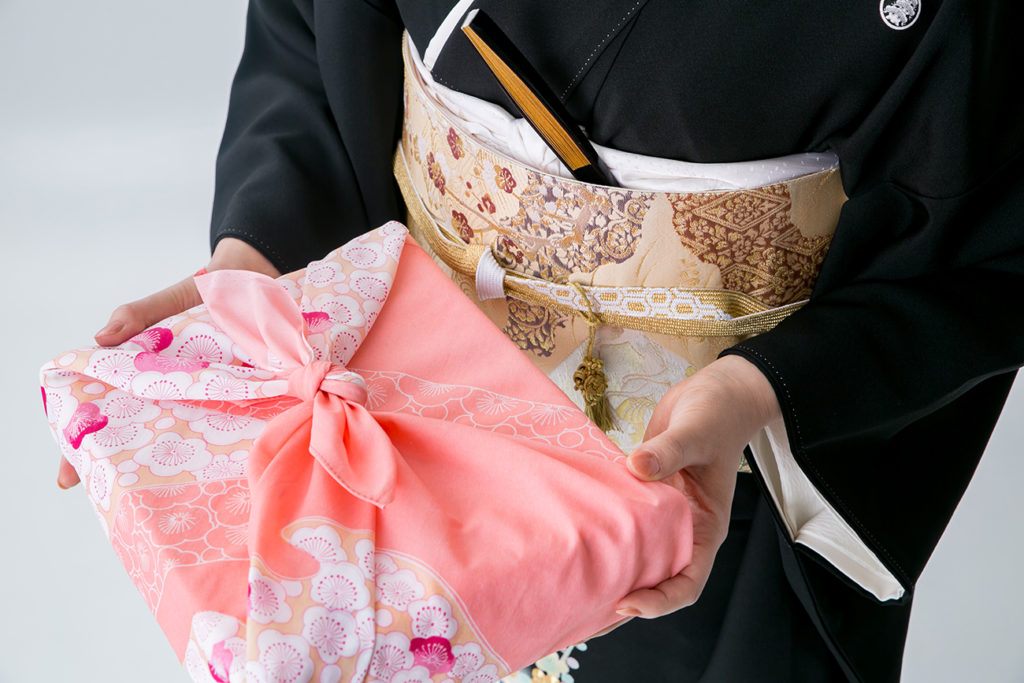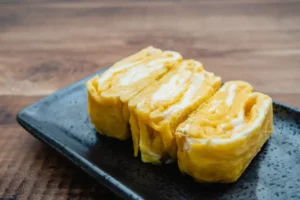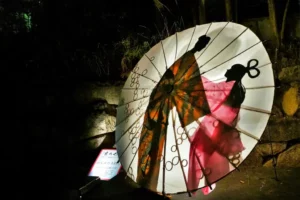
Table of Contents
ToggleChoosing a perfect gift requires some clever thought, but it can be tricky to come up with impressive corporate gift ideas.
Gift giving in a business setting is in a unique social category, and although showing appreciation is still the aim, as with normal gift-giving, what is appropriate and what is not can be hard to put your finger on.
Fortunately, though, the corporate gift conundrum does have answers. Magazines, websites, and style guides have been cornering this market for decades, compiling lists of ideas ranging from the classic and refined to wildly modern and hip – there is even a recent trend for gifting miniature drones to employees or clients. A Sakuraco Japanese snack box fits in perfectly in the modern corporate gifting environment, and you’ll see below that there is major cultural backing for this claim.

Corporate gift giving certainly has culturally specific nuances. Americans tend to make it easy and choose special occasions like Christmas or New Year to present clients, partners, or employees with a small token of appreciation, usually an alcoholic beverage, flowers, or knick-knack for an office desk. In the UK, there are even laws in place to ensure there is no obvious bribery going on with business gifts, so discrete and minimalistic gifts are more common. Japan, however, is one country that stands out as having a rich culture of corporate gift-giving, chock full of expectations and norms that seem overkill to the uninitiated but are as natural as breathing to native Japanese.
Japanese Gifting Culture
The corporate gifting culture in Japan has roots in wider Japanese gift giving practices from the distant past. For example, the giving seasons of Oseibo and Ochugen stem from the tradition of Nenjū gyōji, or “annual cycle of events,” passed down from Emperor Kōkō in the 9th century.
Ochugen gifts are given from July to August, while Oseibo gifts are given in December. Originally, Oseibo gifts were given to the emperor as offerings of thanks, while Ochugen gifts were actually placed at the graves of ancestors as a sign of gratitude for health and good fortune. In modern Japan these two seasons are still used to show appreciation and gratitude to family and friends, and the Japanese corporate world dutifully participates as well, both within companies and between firms.
Looking to makes a real impression? Sakuraco is a unique gift idea, including 20+ traditional Japanese snacks crafted by local makers.

In Japan, a high-quality or premium gift is usually expected, especially for client gifts. A typical price range for gifts is suggested to be between $30-$50, and for occasions where you want to show extreme gratitude for a favor or lucrative business deal, $100 and much more is reasonably common.
Gifts that are too expensive, however, are generally considered discourteous because in the event the receiving party becomes the giver in the future, they will feel pressure to match the quality and extravagance of the former gift, and avoiding making others feel uncomfortable is essential in Japanese social etiquette.

When it comes to what kind of gifts are given as business gifts, it is not necessarily uncommon to see exchanges of fancy pens or business card holders, but by far the most culturally appropriate gift is food.
The reason for this is simple, Japan is a very collectivistic society, and this social tendency goes right down to the kinds of gifts that are preferred. Food is something that can easily be shared, and the best kinds of business gifts in Japan are ones that allow people to share a common experience which in turn fosters the building of rapport and lasting bonds.
Celebrate Tradition With Your Coworkers
During Ochugen, because gifts are given in the summer, refreshing food items like beer, fruits, and specifically high-quality Sōmen noodles are frequently gifted. For Oseibo, seafood items, meats, and traditional snacks – either Western or Japanese – are most commonly given. Also, returning to the office from trips overseas or within the various prefectures of Japan often comes with the expectation that you bring back a local delicacy for your office mates to try. If you are coming back to Tokyo from Hiroshima, you better bring back a box of momiji manjū, or if you are returning to Osaka from Aomori, it is practically expected to give your boss an expensive case of the famous Aomori apple juice.

Food is such a key part of the gifting culture in Japan, and corporate gifts are no exception. Behind the dance-like bowing and exchanging of honorific phrases is a culture with a serious appreciation for how food and flavor bring people together. In every major train station in Japan, you will find vendors selling stacks and stacks of pre-wrapped gift boxes of local snacks and sweets, such as mochi.
Gift giving and food culture are both integral parts of the human social experience, so let’s take a cue from the Japanese and do away with the boring old gift card and give the gift of food. The next time you want to show the love at the office or appreciation to your customers and clients, consider ordering a Japanese candy box from Sakuraco, heaping with tradition and overflowing with flavor.









